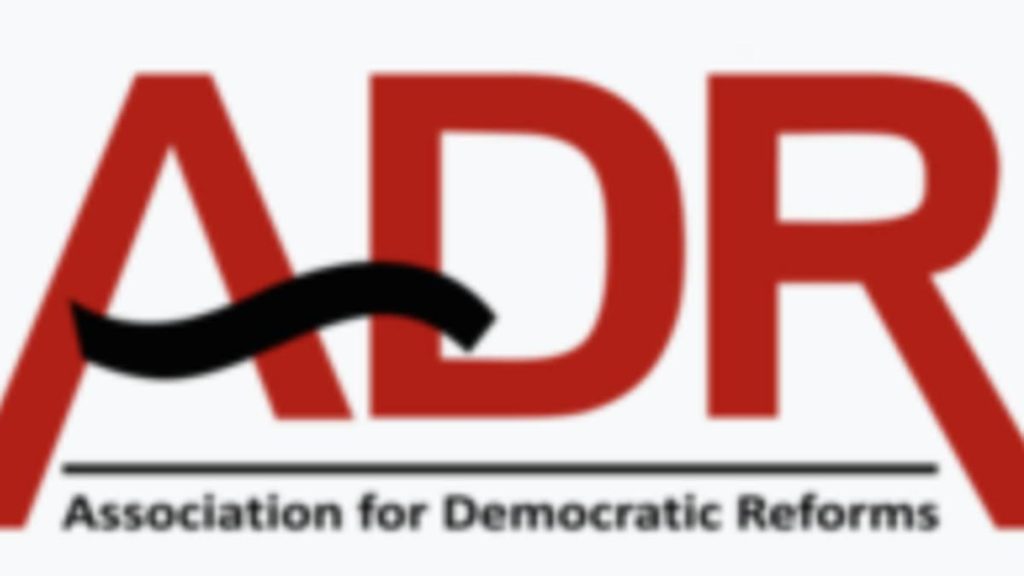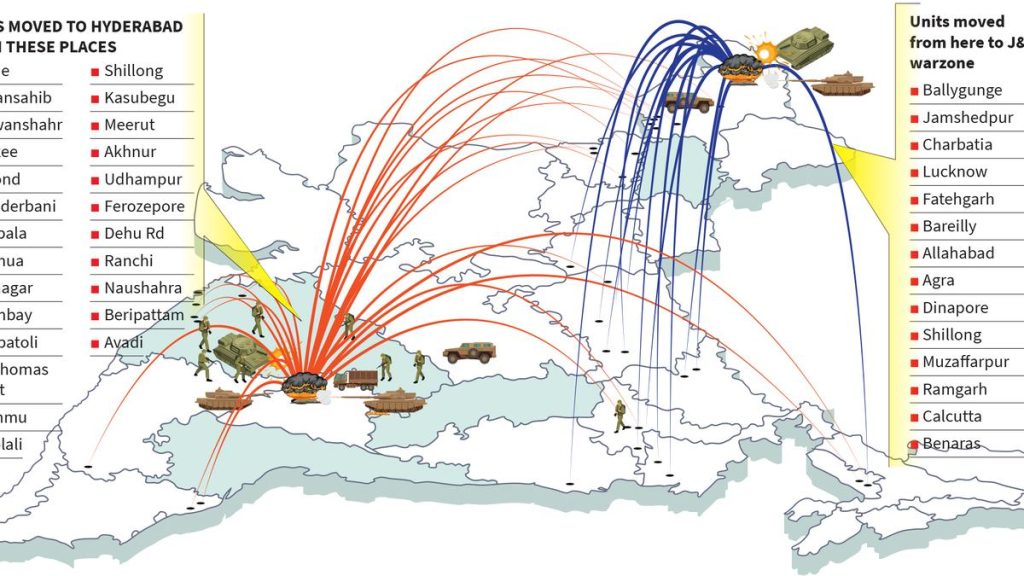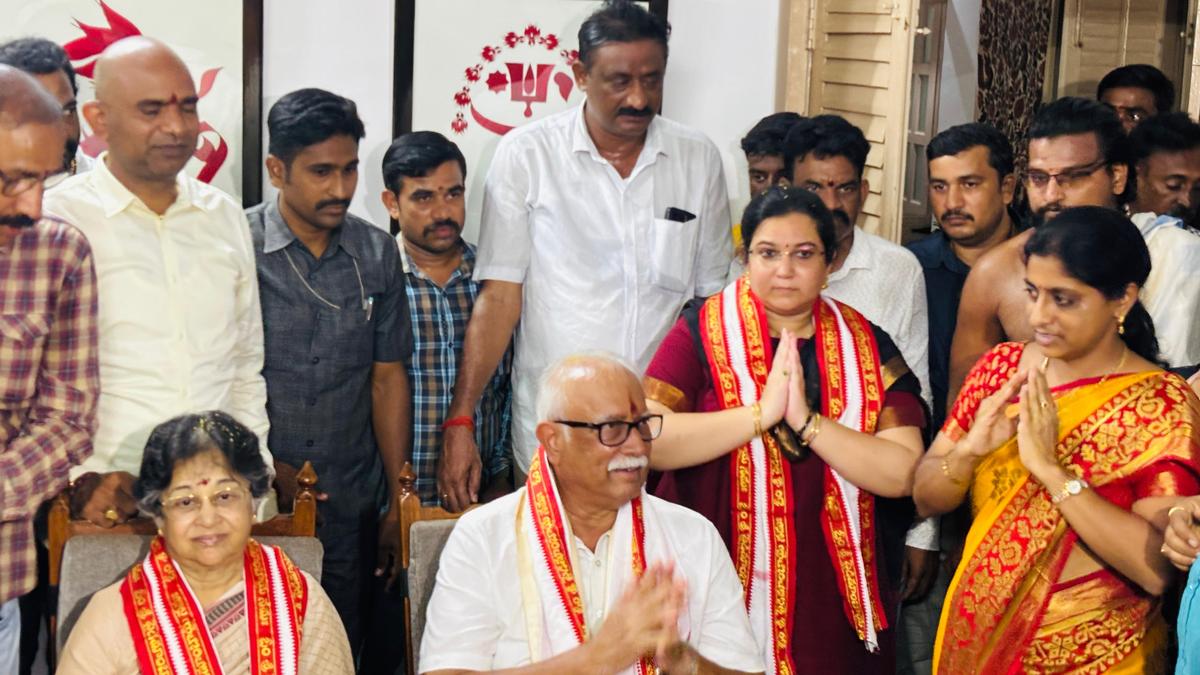Now Reading: CM Revanth: Kaleshwaram Collapse Unfairly Compared to Congress-Era Projects
-
01
CM Revanth: Kaleshwaram Collapse Unfairly Compared to Congress-Era Projects
CM Revanth: Kaleshwaram Collapse Unfairly Compared to Congress-Era Projects

Quick Summary:
- Telangana Chief Minister A. Revanth Reddy criticized the BRS government, claiming its irrigation projects have failed within three years, while Congress-era projects like Nagarjunasagar and Srisailam continue to serve the state even after 60 years.
- He labeled the Kaleshwaram project, built at a cost of ₹1 lakh crore during the BRS tenure, as a “white elephant.”
- Addressing a public meeting at Tungaturthy on Monday,Reddy expressed confidence that Congress will achieve notable victory in upcoming local body elections.
- Key initiatives under congress such as ration card distribution and fine rice schemes were touted as reasons behind widespread support from women voters.
- He highlighted historical milestones achieved under Congress rule in Telangana: conducting the first caste census in 100 years,pushing for increased BC reservations (42%) in local bodies,SC reservations classification policy,and working toward making Telangana a $1 trillion economy.
- Reddy contrasted governance styles by criticizing alleged liquor belt shops emerging during BRS’s era versus improved welfare measures under Congress rule.
Indian Opinion Analysis:
A. Revanth Reddy’s comments underscore ongoing political rivalry between Telangana’s major parties ahead of local body elections. While his criticism of large-scale infrastructure like Kaleshwaram touches upon its perceived inefficiency relative to longstanding Congress-era projects such as Nagarjunasagar and Srisailam dams-widely recognized fixtures-it invites scrutiny on financial accountability concerning infrastructure development.
His focus on welfare programs like ration cards and fine rice schemes signals emphasis on socio-economic measures gaining traction among disadvantaged groups. By appealing to these targeted voter bases-specifically women voters-the Congress leadership strategically positions itself favorably for upcoming polls.Reddy’s reference to initiatives like caste census or economic goals offers long-term vision-oriented rhetoric but may face practical challenges surrounding implementation timelines due to resource demands needed concurrently for existing fiscal policies ensuring equitable distribution locally across districts tied civic-command delivery pipelines.Read more at source























